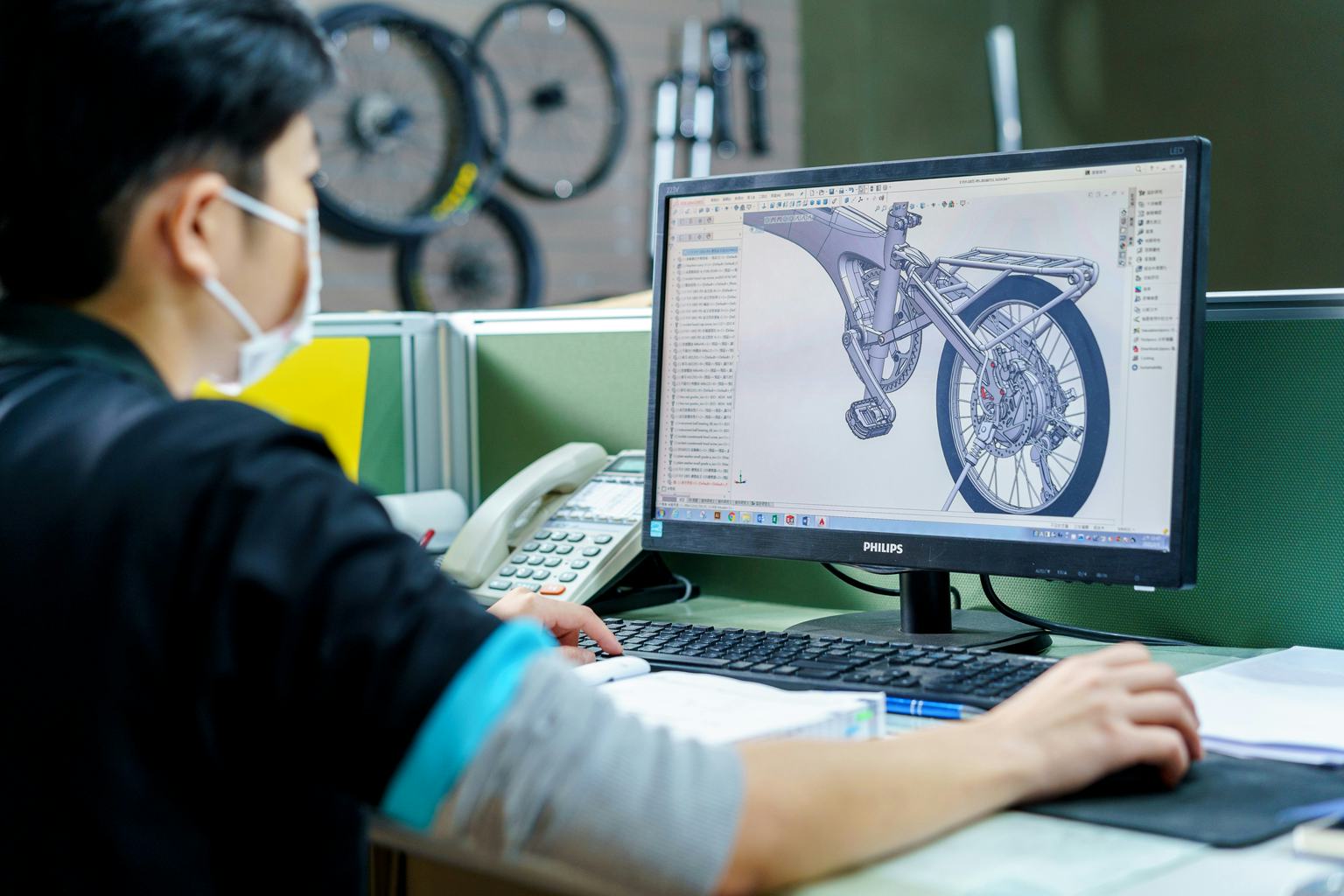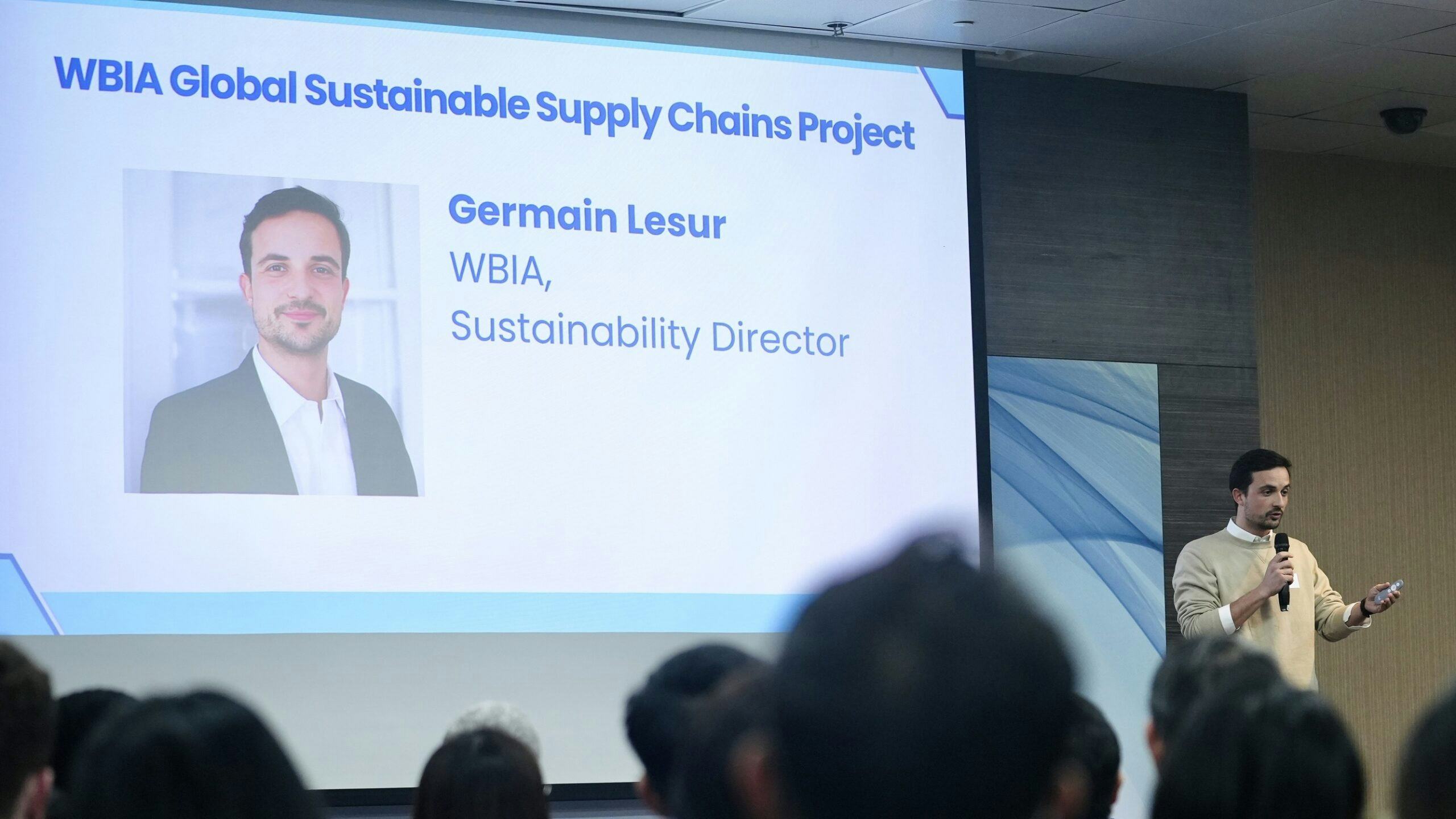Its core competencies are shown in its end-to-end solutions for the e-bike: Lekuma is not merely a manufacturer, it is a design powerhouse adept at creating 2D and 3D drawings for frame design. The team offers simulations support, ensuring that frames meet the stringent standards set by EN and ISO. They are specialised in CNC and mold design for production, and guarantee precision in manufacturing, coupled with meticulous CNC milling and turning for the production of high quality components.
Substantial bulk capacity
At the heart of Lekuma’s operations lies its in-house frame factory, capable of producing a diverse range of frames tailored to meet the unique requirements of clients. The assembling factory, with substantial bulk capacity, is integral to completing the production cycle seamlessly. It spans an impressive 20,000 square meters, houses assembly lines and boasts a maximum capacity of 100,000 e-bikes, including cargo e-bikes.

The facility showcases Lekuma’s commitment to efficiency and scalability, ensuring the timely fulfillment of orders and maintaining a strong competitive edge in the market. Quality control is embedded in every stage of its operations.
Global collaborations
The company has carved a niche for itself through collaborative ventures, showcasing prowess in handling complex specifications and delivering superior electric mobility solutions. They take pride in their global collaborations though OEM and ODM services, offering manufacturing services that enable clients to brand and customise products according to their specifications.
The story of Lekuma traces back to 2016 when the company embarked on its journey with a vision for an intricate folding e-bike. Despite the ingenuity behind the concept, the market for such a product proved to be relatively niche at that time. Undeterred, it quickly pivoted its focus towards the development of cargo ebikes. Presently, Lekuma stands as one of the largest cargo e-bike manufacturer globally, having established itself as a driving force in the electric mobility landscape.

In a move towards future-forward solutions, the company is taking a leap into the world of smart mobility, with the use of autonomous drive bots. Lekuma poised to meet the evolving needs of the electric mobility industry, ensuring the success of its clients and contributing to a greener and more sustainable future. It is committed to continuous improvement, innovation, and environmental responsibility.
This article is sponsored by Lekuma Technology










